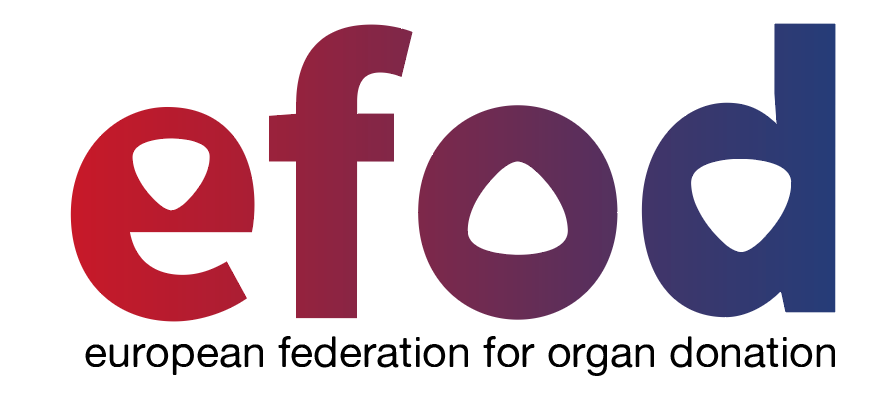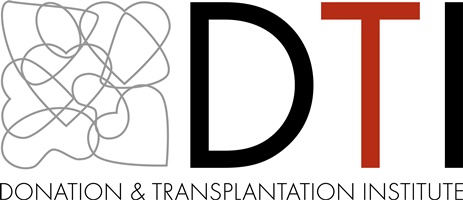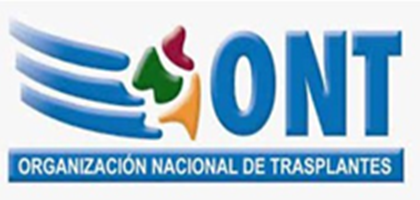National legislation on organ donation
Main law references
Law 41/2002, article 11 (entered into force on 16 May 2003): the right to health information and privacy in the medical field, informed consent, prior instructions (advance declarations of will) and the patient’s medical history.
Royal Decree-Law 9/2014 of 4 July (Basic and national legislation)
Expression of consent or dissent to the donation and organs that can be donated
The person of full age, capable and free, through the prior instruction document, expresses his or her wishes in advance (in written form), so that they are fulfilled when he or she comes to situations where he or she is unable to express them personally, regarding the care and treatment of his or her health or, after death, the fate of his or her body or organs (Law 41/2002)
Opt-out consent (Presumed consent Law 30/1979, Article 5 2)
Donor card: this is a document testifying to the wish to be an organ donor after death. However, the card has no legal value. It is necessary to inform our relatives of our wish to be a donor, so that they can authorize the removal of organs after death.
According to the Transplantation Act, in Spain everyone is considered a donor if we have not expressed the contrary during our life. However, this expression may have been formulated in different ways, which makes it necessary to ask family members or relatives about the deceased’s wishes regarding donation. In practice, the family’s decision is always respected, since it is assumed that it does not contradict the wishes of their loved one. The family’s signature to proceed with the donation is what we call family consent.
Donable organs
Organs that can be donated include kidneys, liver, heart, pancreas, stomach, intestines and lungs. In addition, much needed tissues such as bones, corneas and heart valves can also be obtained from a donation.
National laws on organ donation




